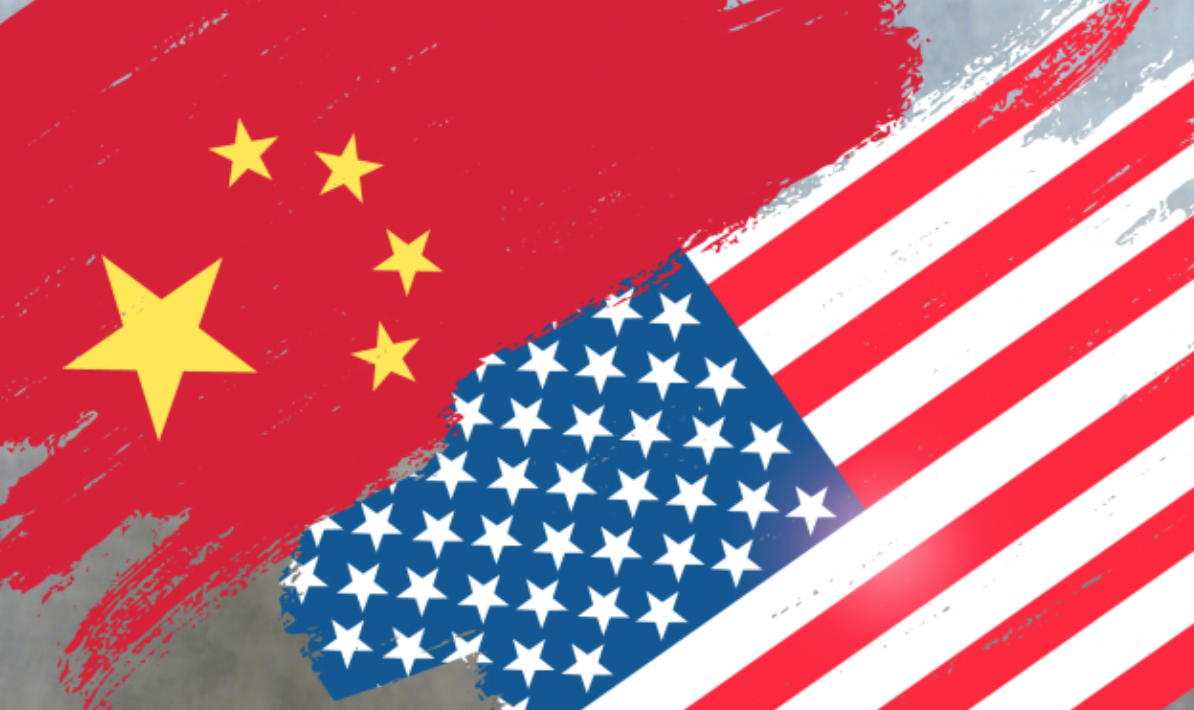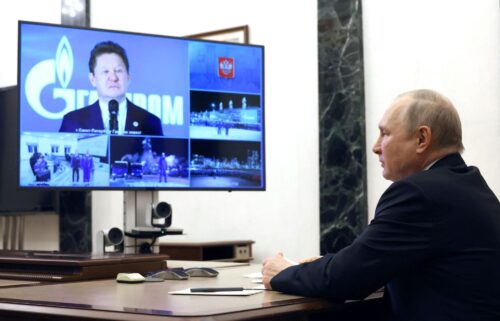U.S.-China gloom deepens

Our usual roundup of trade war news is here, but in case you overdosed on Zoloft or were feeling too happy today, here are a few things to think about:
- “The dismay I feel over the bipartisan hardening of U.S. attitudes towards China is outweighed only by my dismay at the hardening of Chinese attitudes that has prompted it. I think we are watching a real tragedy in the making.” That’s a tweet from economist Patrick Chovanec, who is a China watcher, but certainly no panda hugger.
- “The explosive growth in the U.S. trade deficit that came from China joining the World Trade Organization cost an estimated 3.4 million jobs, according to a new report released Tuesday,” according to MarketWatch. The report was published by the Economic Policy Institute (EPI), which is a non-partisan think tank, “affiliated with the labor movement” and with a “liberal viewpoint on public policy issues,” according to Wikipedia. Yet another piece of evidence that it’s not just Peter “Death by China” Navarro’s people blaming U.S. job losses on China — the argument is coming from the other side of the fence, too.
- “The chances of a U.S.-China war” is the title of a piece on Axios, the champion hitter of Washington D.C. inside baseball. The article quotes Graham Allison, author of Destined for War: Can America and China escape Thucydides’s Trap, on the likelihood of a U.S.-China war breaking out. Allison’s answer: “The chance of war is still less than 50%, but ‘is real — and much more likely than is generally recognized.’”
- Author and former Beijing bureau chief for the Financial Times Richard McGregor is also cited by Axios. He says he “finds more current relevance in another Thucydides maxim — that while it is dangerous to build an empire, it is even more dangerous to renounce it.”
- Zoloft still not worn off? Help is at hand, care of security scholar Caitlin Talmadge in Foreign Affairs magazine (paywall):
A war between the two countries remains unlikely, but the prospect of a military confrontation—resulting, for example, from a Chinese campaign against Taiwan—no longer seems as implausible as it once did. And the odds of such a confrontation going nuclear are higher than most policymakers and analysts think.






